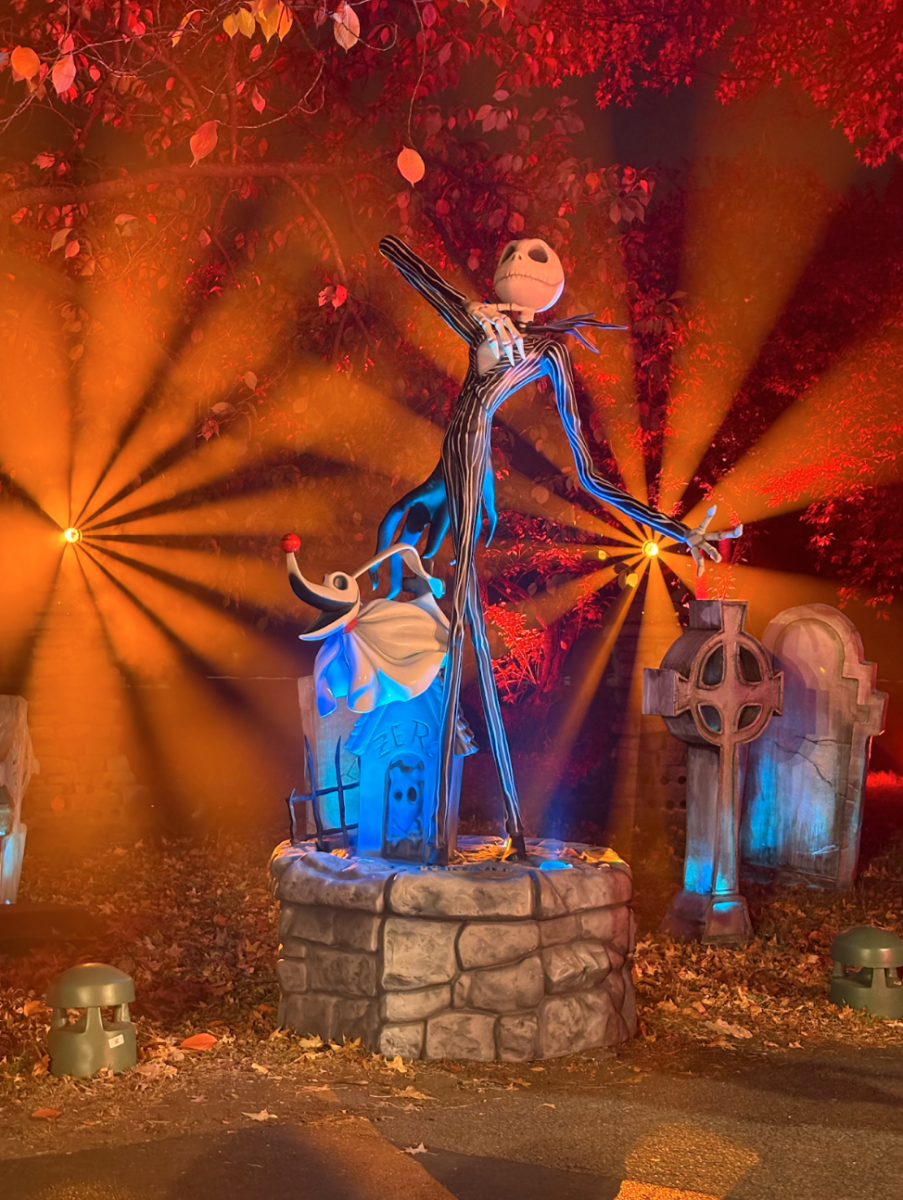By JOHN BONAZZO
STAFF WRITER

Every year Oscar predictions are made earlier and earlier. Every week between September and December, some prestigious new picture opens and is instantly crowned the clear favorite.
This seemed to reach its apex last year, when films like Lincoln, Les Misérables and Zero Dark Thirty were all touted as the obvious Best Picture winner, before Argo swooped in and earned the top prize.
This year, however, the jockeying for awards has been even more premature than usual. A large number of films received stellar reviews at the recent Toronto Film Festival and now are all being called Best Picture contenders. The awards tracking site Gold Derby is already predicting that Rush, Gravity, Captain Phillips and 12 Years a Slave will all be nominated for the big prize. To say that four Best Picture nominees are certain in September when only five to 10 total nominees will be announced in January is a risky proposition.
12 Years a Slave, in particular, has received critical hosannas and frontrunner status. Adam B. Vary, critic for Buzzfeed, gives a typical response: “12 Years a Slave is the must-see movie of the year, and should win all the Oscars…no other film can compete.”
Mark Harris of Grantland sounds a welcome note of caution. These predictions of Slave’s dominance are based on the assumption that the Academy wants to make a statement about race, a narrative that Harris says “has gotten very loud, very early.”
Also, the mindset that the winner must be picked now is unfair to films coming out later in the year and could “lead to months of defensive posturing,” according to Harris. Each film deserves its own shot at the gold, so this warning should be heeded.
Throughout history, movies released early in the year with no festival fanfare have done well at the Oscars. The Silence of the Lambs was released in February 1991 and was a sleeper hit, winning five Oscars including Best Picture more than a year later at the 64th Academy Awards.
More often, however, it is not until the winter that a winner can be predicted with any degree of certainty whether or not it is a festival entrant. For example, the 2012 Best Picture winner The Artist had just one showing at the Cannes Film Festival before quietly opening in New York and Los Angeles at Thanksgiving. The film then gradually expanded across the country. By January, critics and much of the public had the film fresh in their minds, securing its wins at the Golden Globes and Oscars.
People are more likely to root for the most recent film they saw; this is true of both casual moviegoers or Academy members. With few exceptions, an Oscar has been awarded to a great film released in the last months of the year over a rapturously reviewed indie darling from the summer or fall (were there any Oscars for Beasts of the Southern Wild?).
The Oscars are six months away. Neither critics nor the public have seen many of the films vying for attention. Professionals and armchair pundits should tread carefully when declaring favorites.
Think twice before calling the Best Picture Oscar now for 12 Years a Slave, because there is a good chance that in 12 weeks it will find itself a loser.







































































































































































































